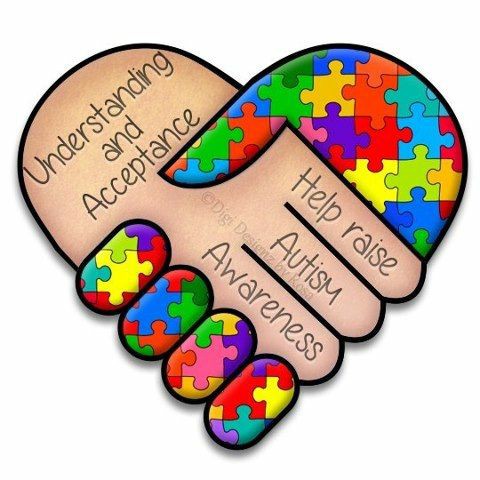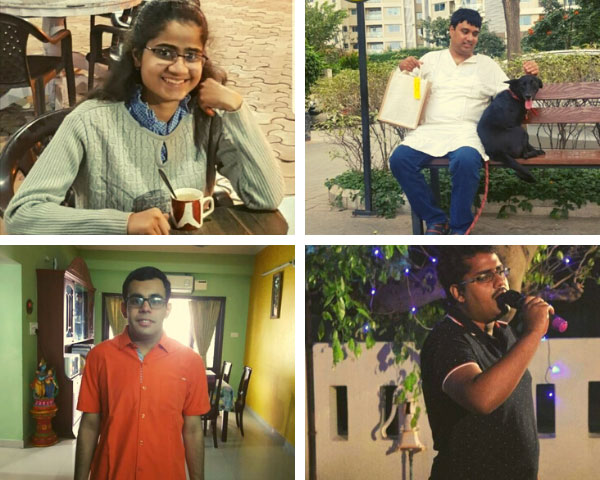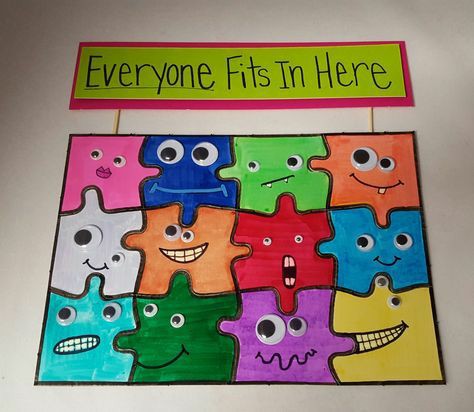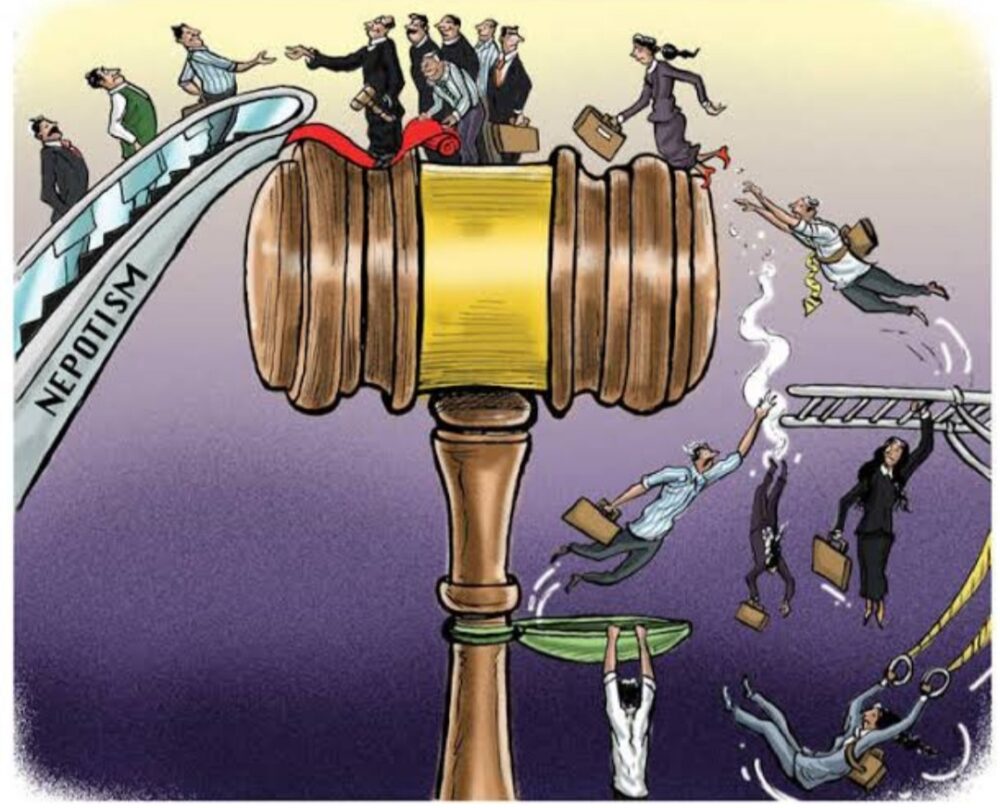“Neurotypicals see the truth people want them to see, while autistics see the truth universe want them to see”
Autism is a developmental disorder affecting a person’s ability to interact and communicate, with repetitive thoughts and behavior, often perceived in the initial years of a child.
A teenager with autism doesn’t display normal emotions, he doesn’t understand most of the jokes/sarcasm, doesn’t comprehend his feelings, prefer to be alone, avoid eye contact and is extensively fastened to his routines and rituals. For an autistic person, surviving in a normal atmosphere is very tough, and for most of the part, the illness remains neglected and ignore society.

Autism is estimated to affect 24.8 million people as of 2015 worldwide. In India, roughly 23 of every 10,000 children have autism, according to the first rigorous estimate of the country’s autism prevalence. Studies show, “the scarcity of high-quality population-based epidemiological studies on ASD in India highlights an urgent need to study the burden of ASD in India. The proper acquisition of data related to the prevailing burden of ASD in India would lead to better development of rehabilitative services in our country.” A report notes that “there has been an increase in the prevalence of autism in India over the years. Once considered rare, the current understanding is that autism is, in fact, one of the more common developmental disabilities.”
Even if a single person in every city has autism, it doesn’t mean it’s importance is lost. Nearly half of the people diagnosed with autism remain unemployed and only the high functioning teenagers get to live a life of normalcy.
According to Economic Times, WHO predicted that by 2020, roughly 20 per cent of India will suffer from mental illnesses. And to cater to this demographic, we have less than 4,000 cognitive health professionals.

With such low rates of professional correspondingly existing with high rates of mental illnesses, somewhere in India eating disorders, personality disorders and autistic patients are sabotaged from coming out and attending therapies. The stigmas and taboos add up to the consciousness of a family having an autistic patient. It’s true that many people with autism lead a normal life, one filled with their determination and strength, but for some living with a disorder is not easy. A disorder, psychologists define, is not a disease which can be cured, rather it’s a thing a person is born with and has to be accepted that way. The growing prevalence of autism in India calls out for support groups and mental health professionals, and while there are a number of private groups working for the betterment of autistic children, it calls for even bigger action.
Everyone deserves to live a normal life and people seldom pay attention to such disorders and diseases considered almost non-existent in our society. It’s a high time we familiarise ourselves to such conditions for the formulation of an environment in which people with various kinds of disabilities find it easy to fit in.
Stories of People with Autism-
The DailyO, Archana Nayar – whose son lives with autism – wrote that “interventions in the country are rudimentary, unprofessional and ineffective.” Stigma, she said, fuels the problem: “the problem with mental disability in India is that it is still considered a taboo. We are living in a society that doesn’t understand mental disorders, and we have professionals who do not know what to do.”

Nehal Tiwari- with a unique talent of stone painting is one of the determined and hard-working talent, diagnosed with autism at the bare age of two, her work has been exhibited in numerous art exhibitions. There were doctors who told us that some kids have delayed speech. But thankfully, a pediatrician diagnosed her with autism because he has seen many other kids similar to Nehal. As parents, we started researching more about what autism is. The internet was not too popular at that time, so we relied mostly on books It was shocking for us, but we were determined to empower her. – Anupam Tiwari, Nehal’s father.
“She has spent most of her time with regular kids. Yes, it was difficult for her because she was different and she was treated differently too”, says Anupam recalling a horrific incident. “Once we found marks on Nehal’s hand. One of the schools used to tie her up using tape to a chair in order to make her sit down. We immediately removed her from there”, he says. Currently, she is pursuing her BSc from St Xavier’s college in Mumbai.
“Autism is not the end of the world. There is so much more to explore and see in the world. I believe in that”, says Nehal.

Anirudh Hattangadi from Bangalore was diagnosed with ASD when he was two years old. Since Anirudh was our first child and we never really had many children in both our families, we did not know in detail about the developmental milestones of children. But Anirudh’s pediatrician was alert. She noticed changes in him faster than we did. Anirudh was diagnosed with autism when he was around two and a half year’s old. – Vani Shankar, Anirudh’s mother
Vani says that from an early age, Anirudh wanted to earn live by himself. While pursuing B.Com he did a part-time job. Today, he works with Accenture in Bengaluru and has been a vital part of their committee.
Anirudh says that autism is just a condition. “People with autism can achieve anything. Autism is just a different way of thinking and doing things”, he says.
Also Checkout: Bipolar Disorder: All you need to know












